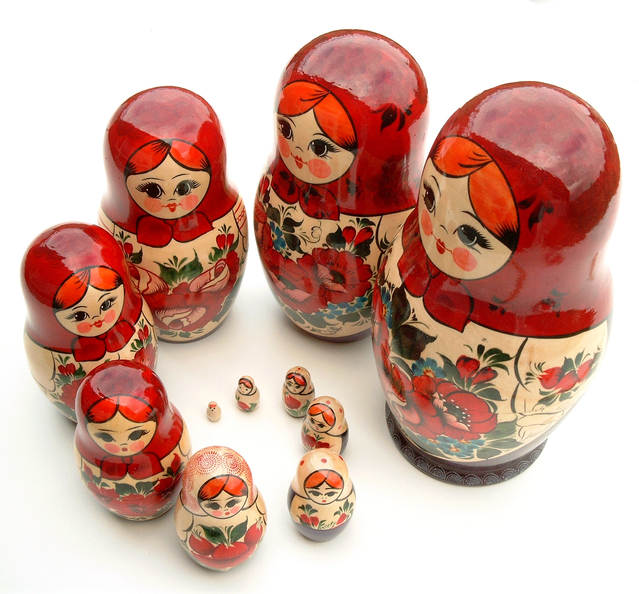
While Russia keeps finding more and more ways to keep itself in the most negative headlines, we feel that Russian stocks are comparably cheap and may provide some investors with a unique opportunity. While cheap can sometimes mean value trap (i.e., cheap for a reason and never going up!), valuations are so low we think Russia warrants another look by serious investors.
Now, I wouldn’t “rush” blindly into Russia. However, I’m proposing you compare Russian companies with their international counterparts and see if you spot any bargains.
Perhaps my favorite example of this is Lukoil . If you look at the published, proven reserves, in terms of barrels of oil for Lukoil versus Exxon or BP and you divide that by market capitalization, you’ll find that Lukoil’s barrels are 19 times cheaper than Exxon’s and 9X cheaper than BP’s. [Please note: This is NOT a recommendation to purchase Lukoil.]
Moving to proven reserves of barrels of oil & equivalents (LNG, etc.), the gap narrows, but Lukoil is still the winner with proven reserves of barrels of oil equivalents valued nearly 60% below that of Exxon’s and nearly 80% under the same for BP. Said another way, the Russian government may be corrupt, but the autocrats would have to steal 8 out of 10 barrels of oil to justify the valuation cap with BP.
That would be a feat, even for the Russians.
A mentor of mine, who was an international equities manager, used to say he made a small fortune for himself buying Thai stocks every time there was a coup. Every 3-5 years, the stocks got pummeled, but the fundamentals of the companies didn’t change as the coup would resolve itself and then Thai stocks would go back to where they were (or higher).
I’ve always believed that his broader argument — that when things don’t look good, it might be a time for a long-term investor to buy — is one to keep in mind.
Along the same lines, if you compare the P/E of the Russian market against the P/E of the US, it’s something like 5 versus 16. In other words, on the whole, Russian equities are roughly 3X cheaper than the U.S. markets.
The “Bear” in the room
That said, I amnot saying Russian investments are risk-free (no investment is). And, in fact, you are taking on more and significant risk in the hopes of a better return. There have been many credible analysts who have asserted that the country is run by corrupt bureaucrats, and I am not trying to dispute that or dismiss their opinions.
The country has shown itself as very opportunistic and not the least bit hesitant to push past established world borders — Ukraine, China, Europe, Eurasia, Iran (via the Black Sea).
Also, there are current and possible U.S. (and possibly international) sanctions coming and, depending on your investment philosophy, that may or may not make a difference in your decision.
However, if you were to consider investing in the Russian market, or any similar foreign market, the fundamentals of what to look for remain the same. First, compare the hard assets of a company to that of its U.S. counterparts, in terms of market capitalization. [As an aside, please note that I do not use share price as the measure as share price is irrelevant in this discussion, which I may address separately in a different article.]
Second, check to see if they have any direct or indirect connections with trusted international entities at the corporate level. For example, do they use a well-known firm as their auditor (Lukoil uses KPMG, though the reports are unaudited), do they have foreign board members, are they not controlled solely by family, is it a major international company with significant operations and assets outside Russia? Positive answers to these questions are all big plusses.
The Author holds no positions in the equities mentioned.

